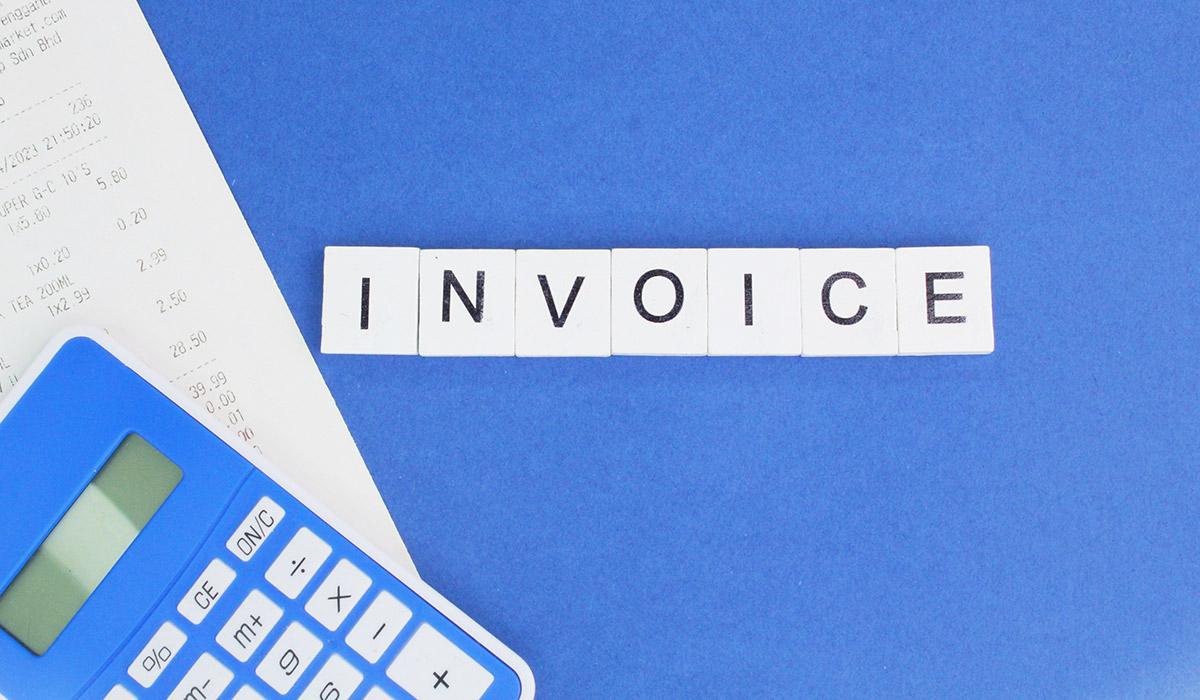Understanding E-Invoice Treatment During the Interim Relaxation Period in Malaysia [Issue 2 of 2]
Provisions During the Interim Relaxation Period
During this interim period, the Malaysian government has provided several provisions to ease the transition:
- Consolidated E-Invoices:
Taxpayers are allowed to issue consolidated e-Invoices for all activities and transactions. This includes the industries or activities listed under Section 3.7 of the e-Invoice Specific Guideline. The option to issue a consolidated e-Invoice simplifies the invoicing process for businesses with multiple transactions.
- Self-Billed E-Invoices:
For self-billed circumstances, businesses can issue consolidated self-billed e-Invoices, as outlined under Section 8.3 of the guideline. This provision is particularly beneficial for businesses that engage in self-billing, allowing them to comply with e-Invoice requirements more efficiently.
- Input of Additional Information:
Taxpayers are permitted to input any information or details in the “Description of Product or Service” field in the consolidated e-Invoice or consolidated self-billed e-Invoice. This flexibility ensures that businesses can include all necessary details without being restricted by rigid invoicing formats.
- Optional Individual E-Invoices:
Taxpayers are not obligated to issue individual e-Invoices or self-billed e-Invoices unless specifically requested by the buyer or supplier. This provision allows businesses to operate more efficiently by issuing consolidated invoices, provided that the request for individual invoicing is not made.
No Prosecution for Non-Compliance During the Interim Period
In a move to further reduce the pressure on businesses, the Inland Revenue Board of Malaysia (IRBM) will not undertake any prosecution under Section 120 of the Income Tax Act 1967 for non-compliance with the e-Invoice requirements during the interim relaxation period. However, businesses must comply with the requirements mentioned under Section 16.2(a) and (b) of the e-Invoice Specific Guideline to avoid any future complications.
Conclusion
The interim relaxation period for e-Invoice implementation in Malaysia provides a much-needed reprieve for businesses as they adapt to the new system. By offering a phased approach and several provisions, the government aims to ensure that all taxpayers, regardless of their size, can transition to e-Invoicing with minimal disruption. Businesses are encouraged to utilize this period to familiarize themselves with the e-Invoice system and ensure compliance before the mandatory implementation deadlines.














